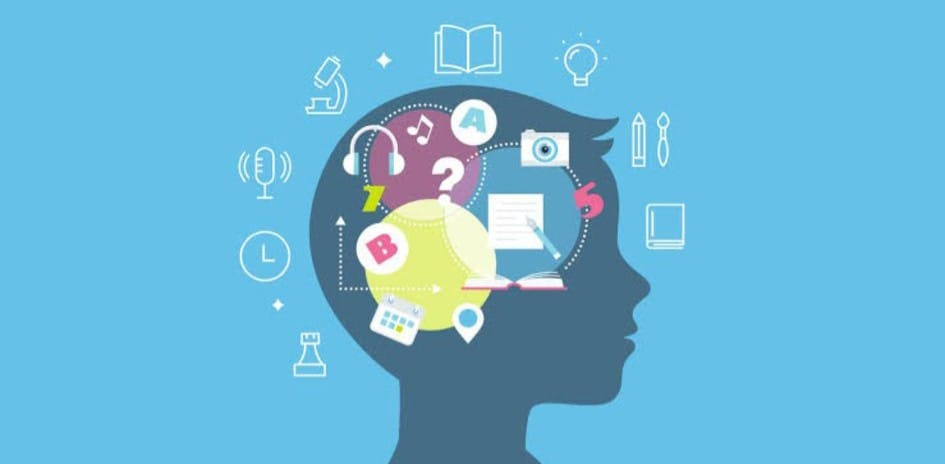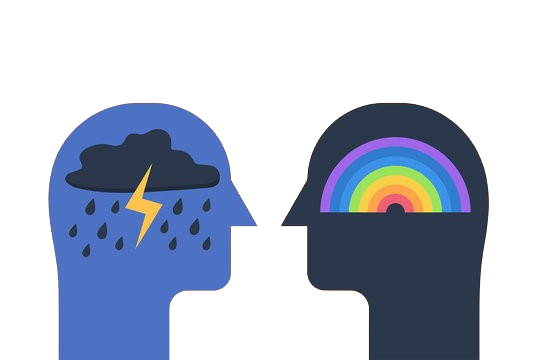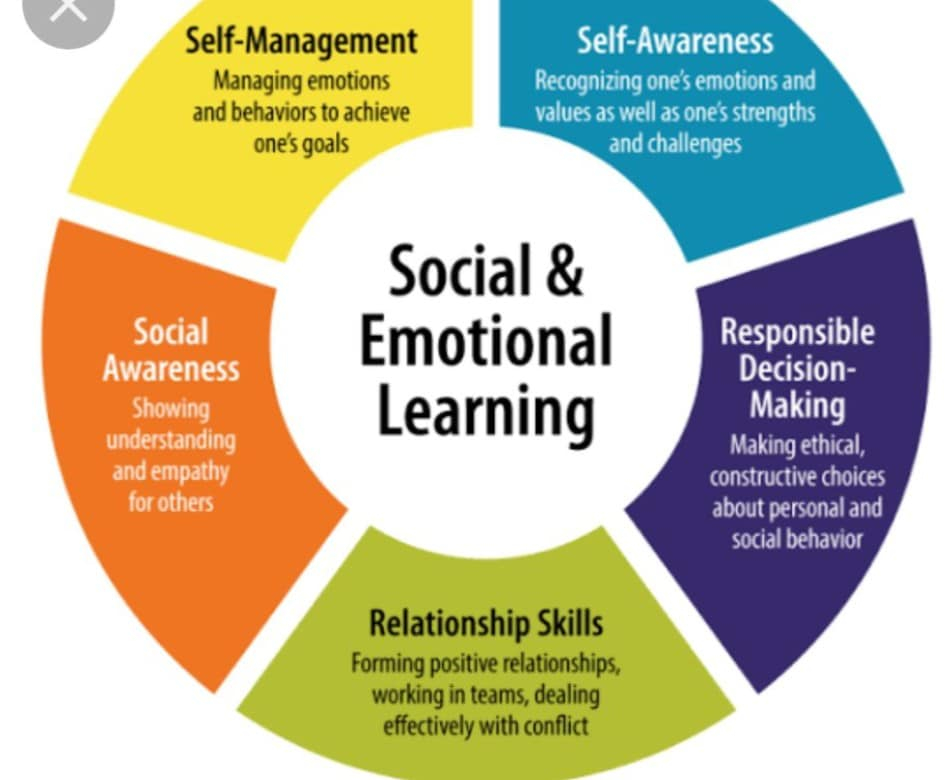What Covid-19 pandemic done to our memories
What Covid-19 pandemic done to our memories
19-Jan-2022
Turned the world upside down two long years ago, and the omicron variant is giving us something new to worry about in the coming year. Meanwhile, the pandemic is still prompting people to withdraw from social activities, and many continue to work from home, with weekdays blurring into weekends, month after month.
With all this stress, social isolation and disruption, it’s no wonder if you’ve been feeling the effects, even being more forgetful or absent-minded. Maybe you’ve found yourself unable to remember a common term, what day it is or why you walked into a room. Experts say prolonged stress can affect people’s everyday memory and cognitive skills.
“If we’re under a lot of stress, sometimes it can very negatively impact retrieval of information,” said Daniel Schacter, a professor of psychology and director of the Schacter Memory Lab at Harvard University. He's also the author of “The Seven Sins of Memory: How the Mind Forgets and Remembers.”
One effect is “blocking,” in which information is available in memory but we can’t retrieve it when we want to, Schacter said.
“The tip-of-the-tongue phenomenon we all are familiar with would be an example of blocking,” he said. “There’s good research to show that people if you put them in a stressful situation, will have more retrieval blocking and tip-of-the-tongue experiences.”
Another effect is absent-mindedness, he said, which is “when there’s kind of a breakdown at the interface of attention and memory, and we forget to do things because we’re not really focused.” That could potentially happen if someone is worrying a lot about Covid, he said.
Not everyone will experience these effects, Schacter noted. It can depend on how much people are feeling pandemic stress: “If Covid is taking up a lot of cognitive space if you’re thinking or worrying about it a lot,” he said. “And it may vary, for example, when we hear about a new variant like omicron. That might ratchet up the stress and distraction a little bit.”
Just as people are affected differently by stress, individuals also vary in how they cope, said psychologist Alison Holman, a stress researcher and professor at the University of California, Irvine.
“We should never think that you can throw all human beings into one bucket and say that’s how they’re going to cope because there is no such thing as a single way for everybody to cope,” she said.
Thankfully, experts say, there are various strategies people can try to help reduce pandemic stress and sharpen memory skills.
If you need any help, we are here to support you. Contact us at " Esho Nije Kori"
More Blog
Mental health needs to notice in Bangladesh
12-Sep-2024Like other countries Mental health is one of the warning issues in Bangladesh gradually. Though the immense consequences of this... read more
Happiness tips:
02-Apr-2022Happiness is also one of the important aspects of positive psychology and wellbeing. Do something you enjoy every day, e... read more
What is SEL?
31-Jan-2022Social-emotional learning, commonly referred to by its acronym, SEL, is a method of promoting holistic child development by teac... read more



